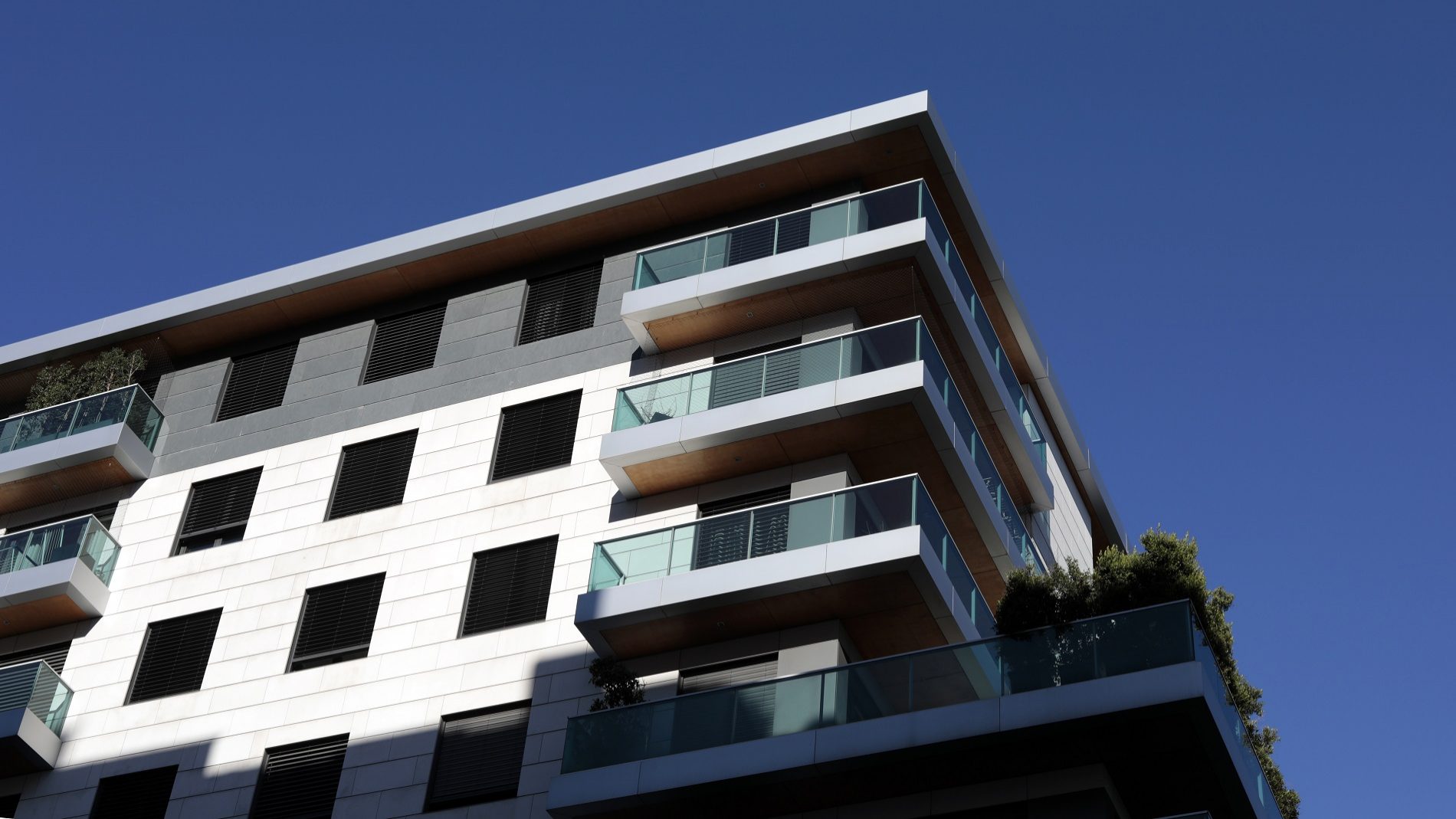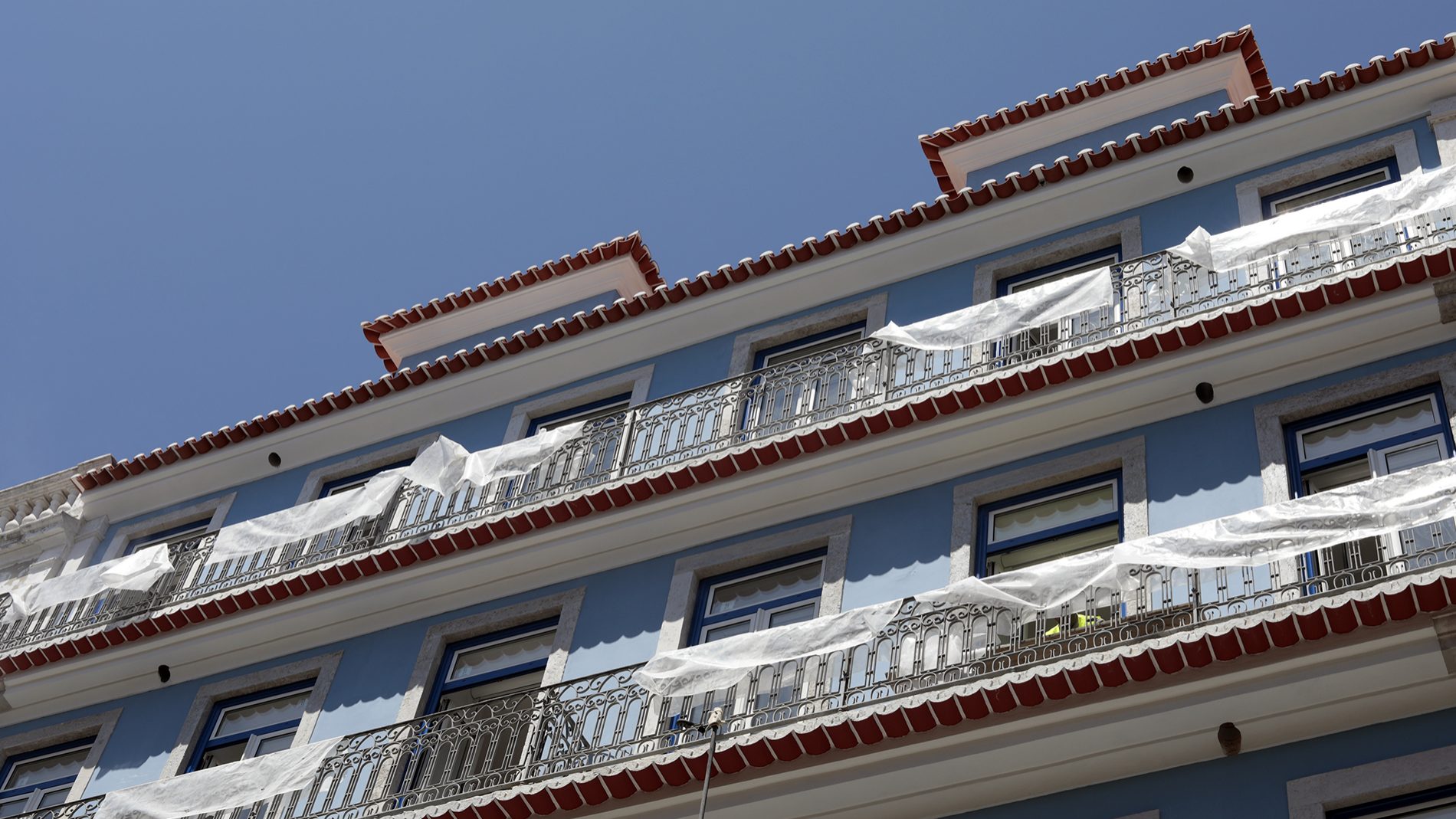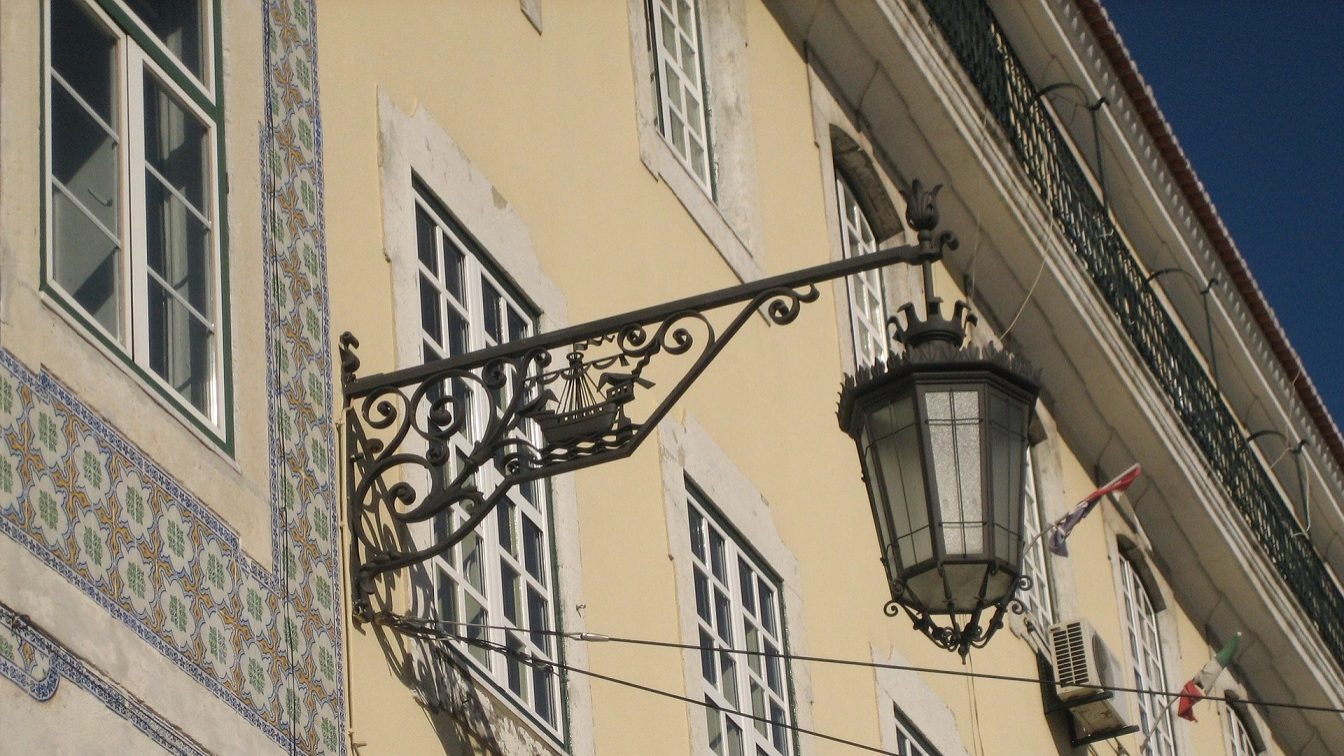Housing prices rocket in Portugal. Is it a real estate bubble? The Bank of Portugal answers
The Bank of Portugal highlights the investment in houses has been growing way above the economic activity rhythm. Yet, most of the capital corresponds to equity capital and comes from other countries.
Housing investment “grows significantly above the GDP” and “housing prices should continue increasing past the 2017 inflation”, is stated in October’s Economic Bulletin, published this Wednesday by the Bank of Portugal. Hold on! Does this mean we stand before a real estate bubble that could burst at any moment and compromise Portugal’s financial stability? For now, there is no sign of it, the central bank suggests.
The investment in houses rockets, prices increase (7.9% in the first quarter of 2017), the amount of new loans for purchasing houses reached its peak since the end of 2010, interests are historically low; the unemployment rate decreased, but salaries remain restrained. But this time, there is a new element to this equation: a relevant portion of the demand for houses is held by non-residents in Portugal and part of the capital used to purchase real estate corresponds to equity capital.
But first, it is important to carefully analyse the numbers. Although spreads demanded by banks for housing loans in June of 2017 are closer to the 2011 amounts, they remain “quite above the spreads charged before the economic and financial crisis in Portugal”. The same happens for the amount of new loans: “They reached maximum amounts since the end of 2010”, but “still represent only about half of the pre-crisis amounts”, the report states.
As for prices, the Bank of Portugal acknowledges a 7.9% increase is “significant”, acknowledging the decreases during the crisis period, between 2008 and 2013, have been reversed. However, “in real terms, it still stands below the 2008 prices”.
The Bulletin also identifies another key factor: “The increase of non-residents’ demand is contributing to the acceleration of housing prices”. The same is to say that a large portion of the purchases represent a capital injection coming from foreign countries. It is, in fact, a capital inflow that has allowed real estate to be rehabilitated, more jobs to be created, houses to be short rented and leases to become available.
As the central bank’s report states, there is not enough evidence of a credit phenomenon: there has been an increase in purchases, but there is no exposure to risk because that increase is not being excessively financed by banking credit. However, if that situation starts happening, the Bank of Portugal may be forced to take action to limit credit granting.




